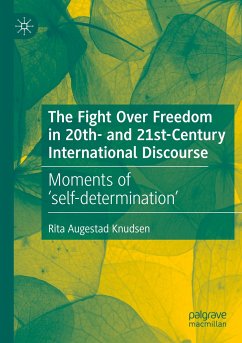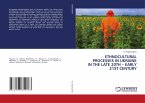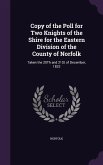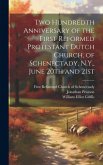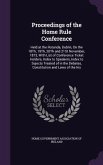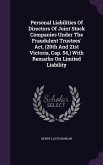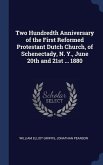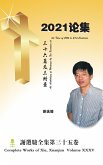This book shows how international discourse citing 'self-determination' over the last hundred years has functioned as a battleground between two ideas of freedom: a 'radical' idea of freedom, and a 'liberal-conservative' idea of freedom. The book examines each of the major moments in which 'self-determination' has been a central part of the language of high-level international politics and law: the early 20th century discourse of V.I. Lenin and U.S. President Woodrow Wilson, the aftermath of the First World War and the formulation of the UN Charter, the 1950-1960s UN debates on 'self-determination', and the 2008-2010 International Court of Justice case on Kosovo's declaration of independence. At each of these moments in history, 'self-determination' was at the top of the international agenda. And at each moment, a fight over the meaning of freedom played out in 'self-determination' discourse. Besides providing insights into the historical times in which self-determination was prominently cited internationally, the book offers a recasting and renewal of international debates on freedom in international discourse.
Bitte wählen Sie Ihr Anliegen aus.
Rechnungen
Retourenschein anfordern
Bestellstatus
Storno

